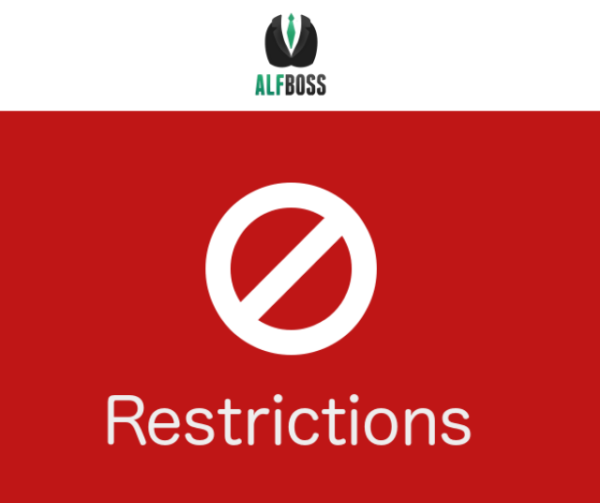
There is something to say about a business that operates under falsities…and usually, it’s not good things. Providing honest and transparent marketing practices is an integral part of your business and required by the state of Maryland OHCQ. In addition to the restriction against false advertising, the state has also issued the following circumscriptions:
.06 Restrictions.
A. Nomenclature about Additional Appropriate Licensure. An assisted living program licensed under this chapter
may not use in its title or advertising the words “hospital”, “sanitarium”, “nursing”, “convalescent”, “rehabilitative”,
“sub-acute”, or “hospice”.
B. Advertising.
(1) Prohibited Terms. A person operating an assisted living program may not use the term “assisted living” in its advertising without being licensed as an assisted living program by the Department.
(2) Misleading or False Advertising.
(a) A person may not advertise, represent, or imply to the public that an assisted living program is authorized to provide a service that the program is not licensed, certified, or otherwise authorized by the Department to provide when the license, certificate, or authorization is required under this chapter.
(b) A person may not advertise an assisted living program in a misleading or fraudulent manner.
C. Drop-In or Day Services. An assisted living program may not provide day, partial, or hourly adult day care services without appropriate adult medical daycare licensure. However, an individual who has applied for admission or who has been admitted to the assisted living program may, for a reasonable period of time not to exceed 30 days, transition to the program in increments of partial days before becoming a resident. All regulations of this chapter apply to services and care provided during this transition period.
D. A person who falsifies or alters an assisted living license shall be subject to referral for criminal prosecution
and imposition of civil fines